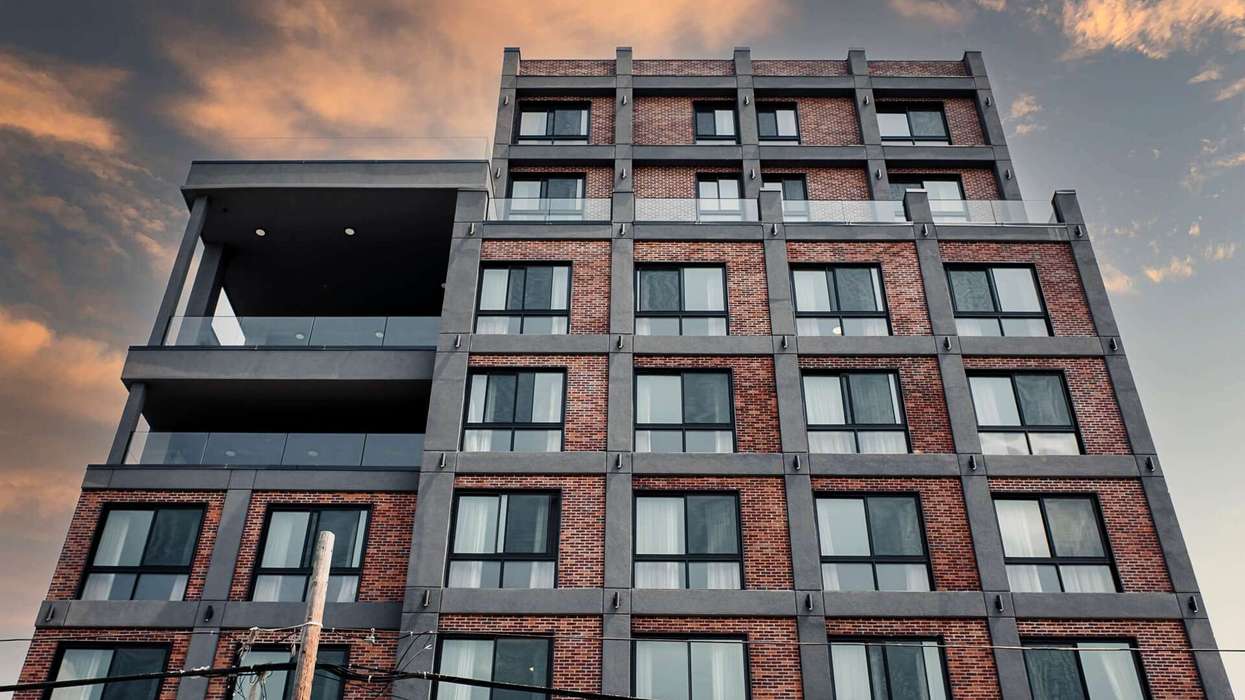THE COVID-19 PANDEMIC has hoteliers scrambling for whatever business they can get. Part of this is effort is pricing rooms to attract what travelers are still out there while covering as much of the hotel’s costs as possible, if not turn a profit.
There’s a certain mindset needed to approach this task, according to the article “Pricing Psychology in Challenging Times” by Kaitlin Dunn with the Hospitality Sales and Marketing Association International based on a webinar with Carter Wilson, senior vice president of consulting and analytics at STR.
It boils down to four basic tips that hoteliers should bear in mind considering the industry’s continuing downward slide.
- Pricing wars are bad. During the 2008 recession, Chicago-area hotels began slashing their rates, Wilson said in the webinar. STR found that on average in a comp set of four, after a first hotel reduced its rate, the second dropped its rate 26 days later and in 130 days the last hotel in the set dropped its rates. The first hotels to slash rates lost more revenue, but the last lost more occupancy. “It’s a pick-your-poison situation,” Wilson said.
- Where you are and who you serve matters. Economy and midscale hotels don’t follow each other as closely in cutting rates while upper upscale and luxury hotels follow each other more closely. Downtown hotels also follow each other more closely than suburban hotels.
- Keep rates close to normal. Hotels that tried to hold their rate within 10 percent of normal during the 2008 recession lost occupancy but had a less significant RevPAR loss overall.
- Disasters are like snowflakes. While hotels lost between 20 and 25 percent RevPAR in the 2009 took an average of five years to return to normal. However the current pandemic-generated downturn is very different and the effects could last a while or, as in previous outbreaks like Ebola and SARS, bounce back within six months.





